Hemp-Derived CBD Won’t Get You High, Here’s Why
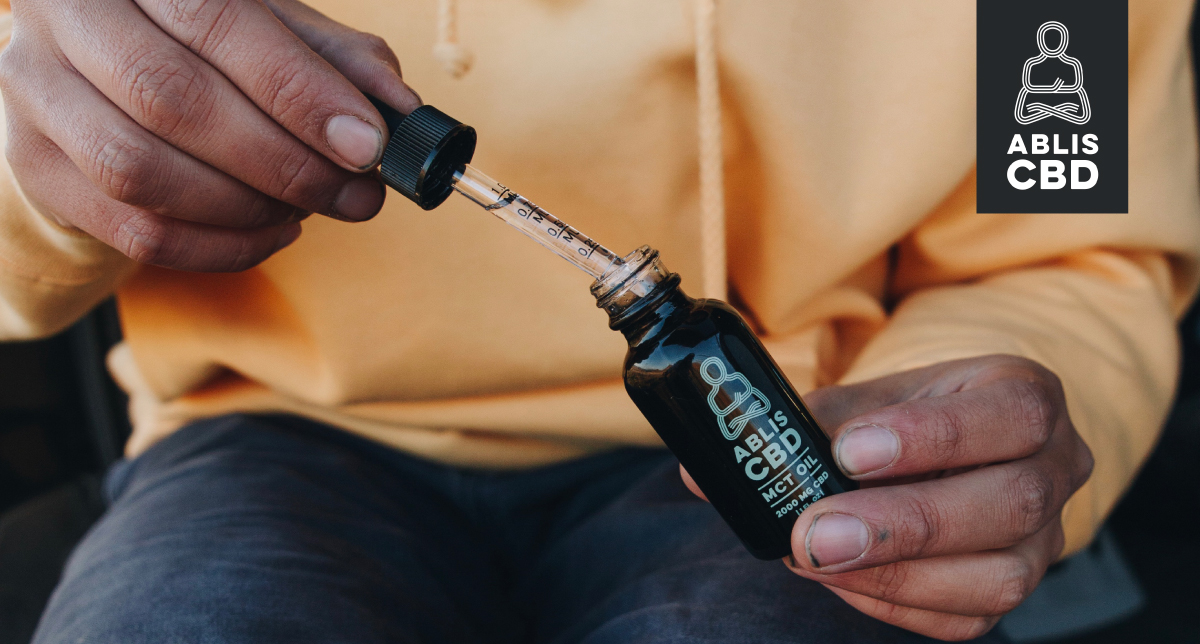
CBD is still fairly new to the mainstream, so it’s only normal that many aren’t quite sure what CBD is just yet. No worries. I am happy to clarify! Of all the information available about CBD, one question seems to consistently come up. “Will it get me high?” Nope. While it is not technically fair…
Hemp Oil vs. CBD Oil: What’s the difference between them?
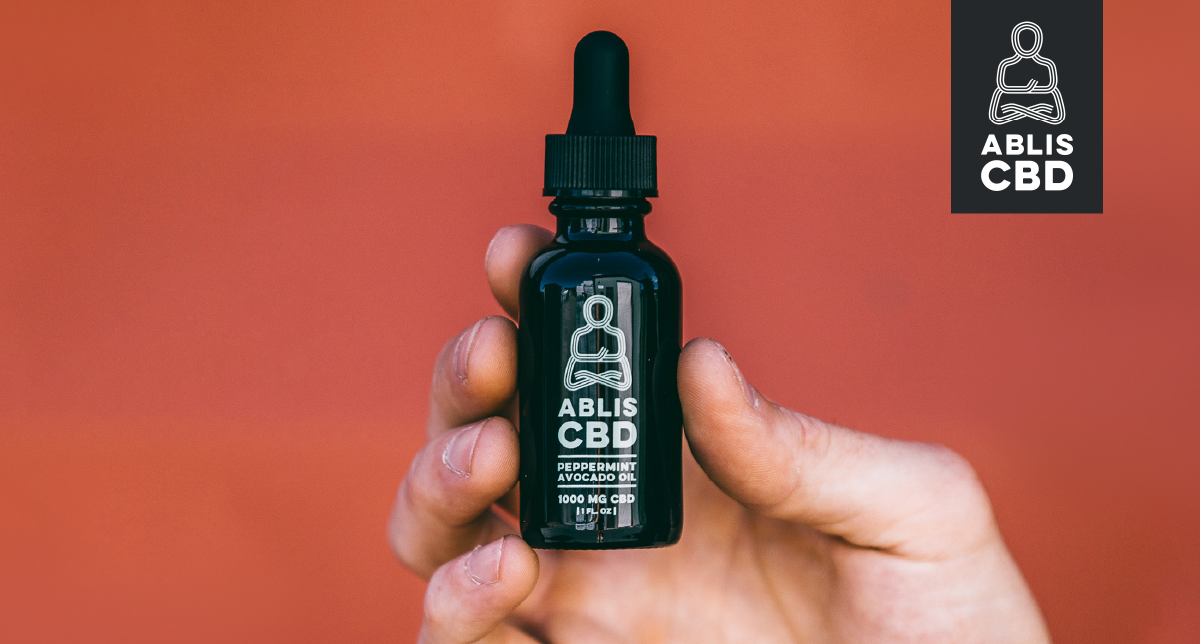
Are you confused when it comes to hemp oil and CBD oil? Are they the same thing? Though they are both derived from the hemp plant, these oils contain different compounds and have different uses. I’m here to demystify the vague and oftentimes confusing marketing in the industry and explain the parts of the hemp…
Is CBD free shipping available? Travelling and Flying with CBD
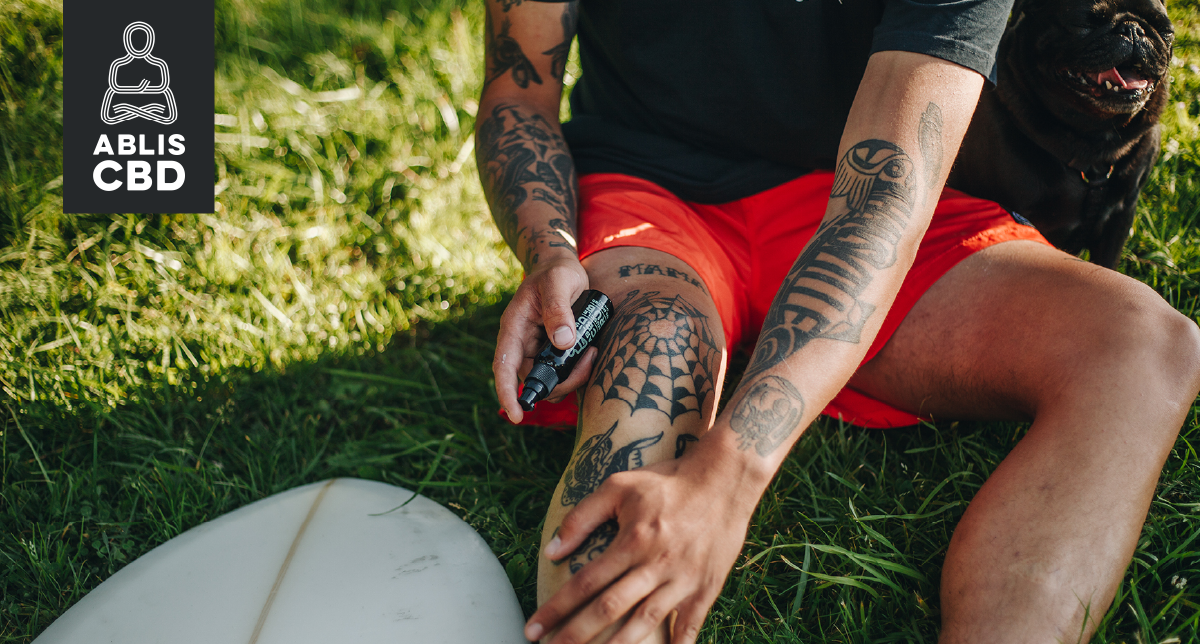
These are strange times we’re living in, and with people going out less than average, our online sales are going up and up. With that, comes a lot of questions about whether it’s okay to ship CBD or not. So keep reading, because we’re going to answer that question, plus a few others! Is It…
CBD and mountain biking: Kyle Jameson shares his CBD story
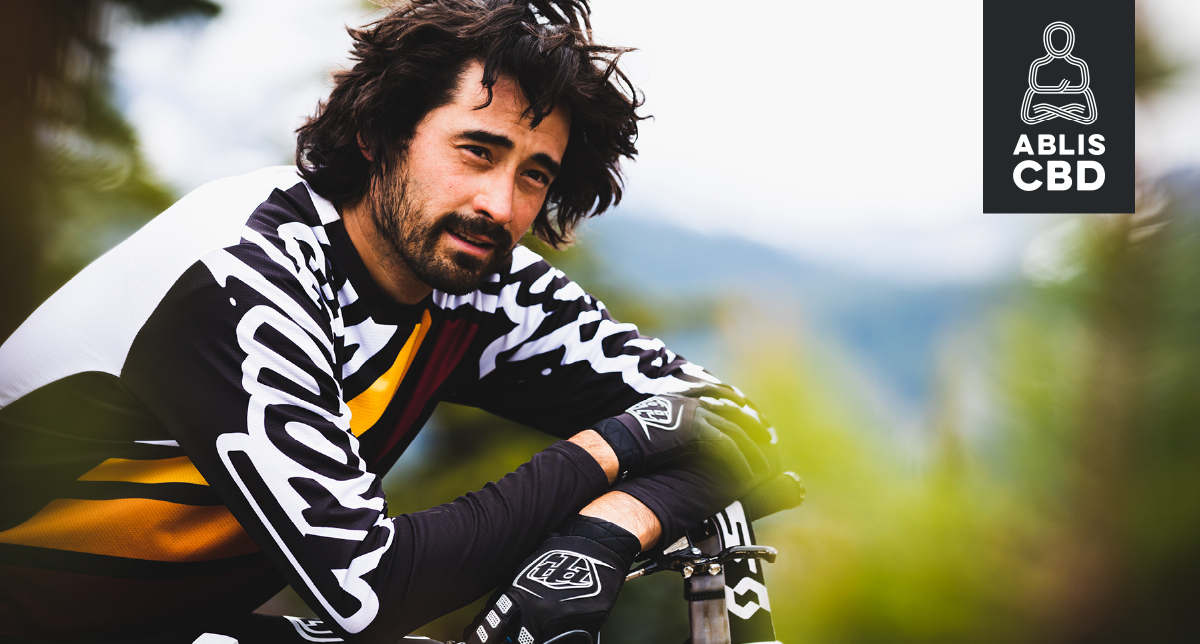
Mountain biking is my passion and my livelihood. But as I get older, I have to put more effort into recovering from a day out on the trail. My CBD wellness routine has become instrumental as I continue with this awesome sport, and here is why: My Biking Career Before we get into my CBD…
CBD vs. THC: They Are Not The Same
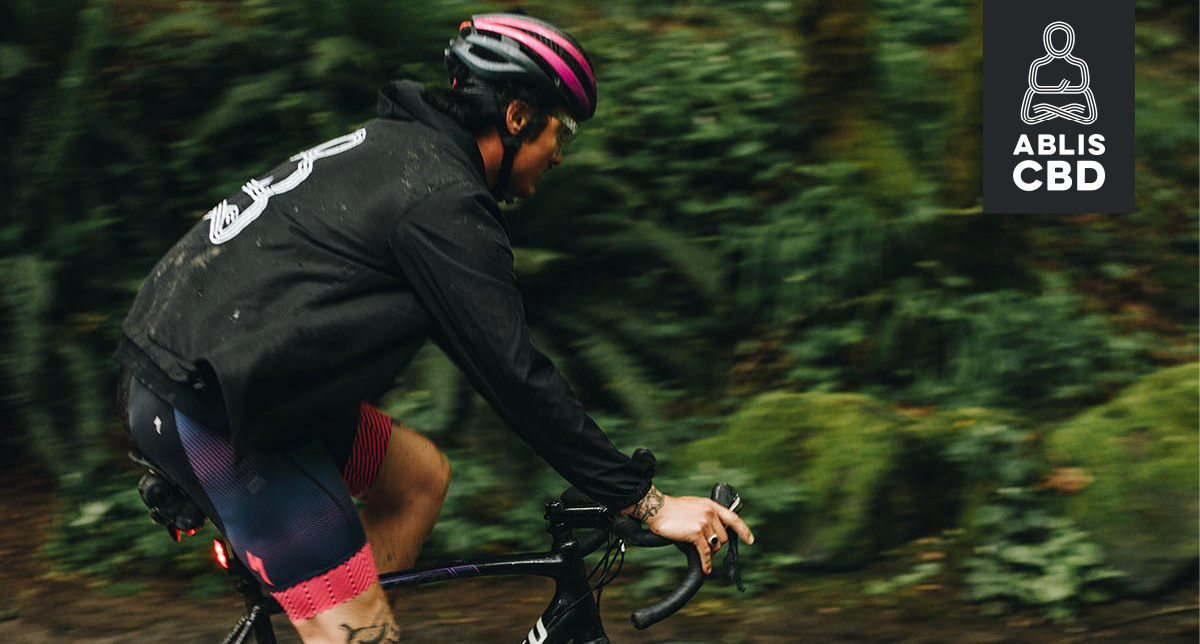
One of our biggest responsibilities as a company is educating people on the facts about CBD. And one of the top misconceptions we run into is people thinking that CBD is the same as THC. In reality, CBD and THC are two different cannabinoids that come from the same plant. Keep reading to learn more…
My CBD Journey – Jim, the founder, explains how he started Ablis CBD
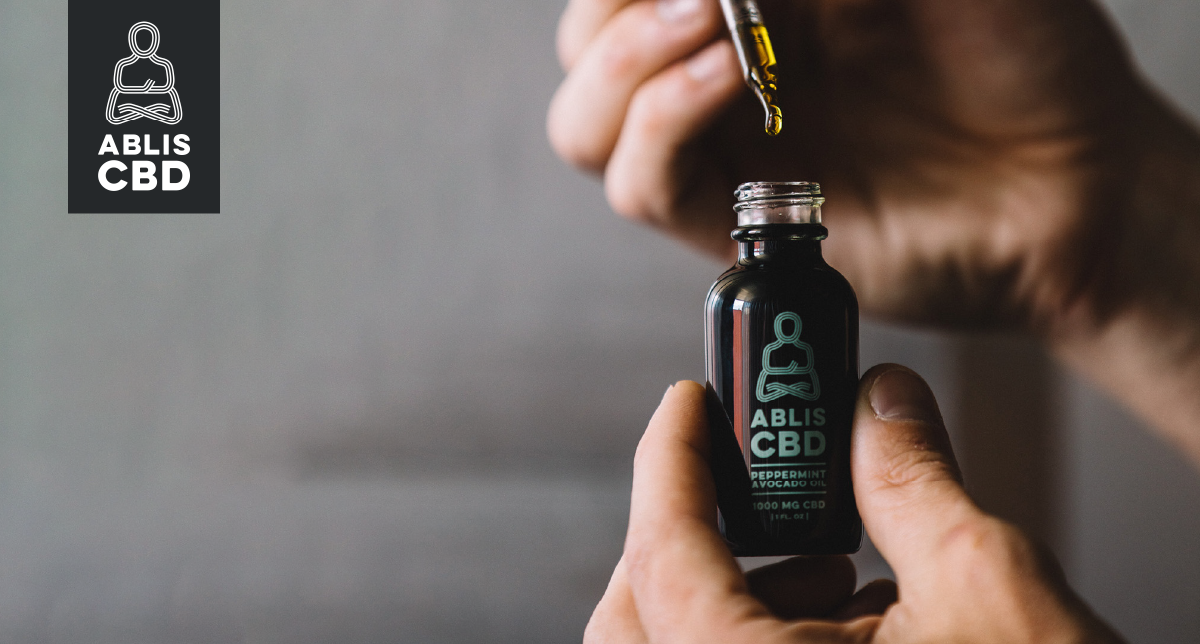
Have you tried CBD? What is your experience? Whether young or old, athlete or not, CBD has become an important part of our lives. As an aging athlete myself, I thought it would be fun to share my journey to give insight on CBD and how it could help with your journey. I founded Ablis…
Who’s Behind Your CBD? Know your CBD distributor.
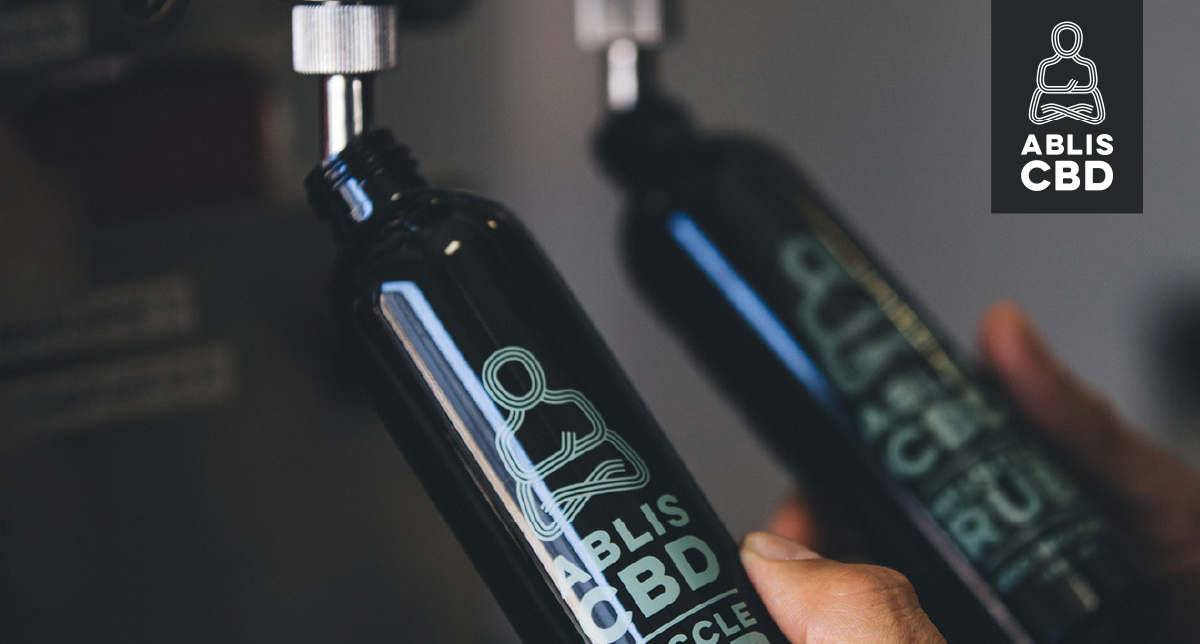
The CBD industry has taken off in the past few years, and it’s projected to keep growing quickly. You’ve probably seen CBD products on shelves at your local grocery store or lining the countertops at gas stations. I’ve even noticed entire retail sections dedicated to CBD! It’s great that access to CBD is increasing, but…
How I Stay Active With CBD
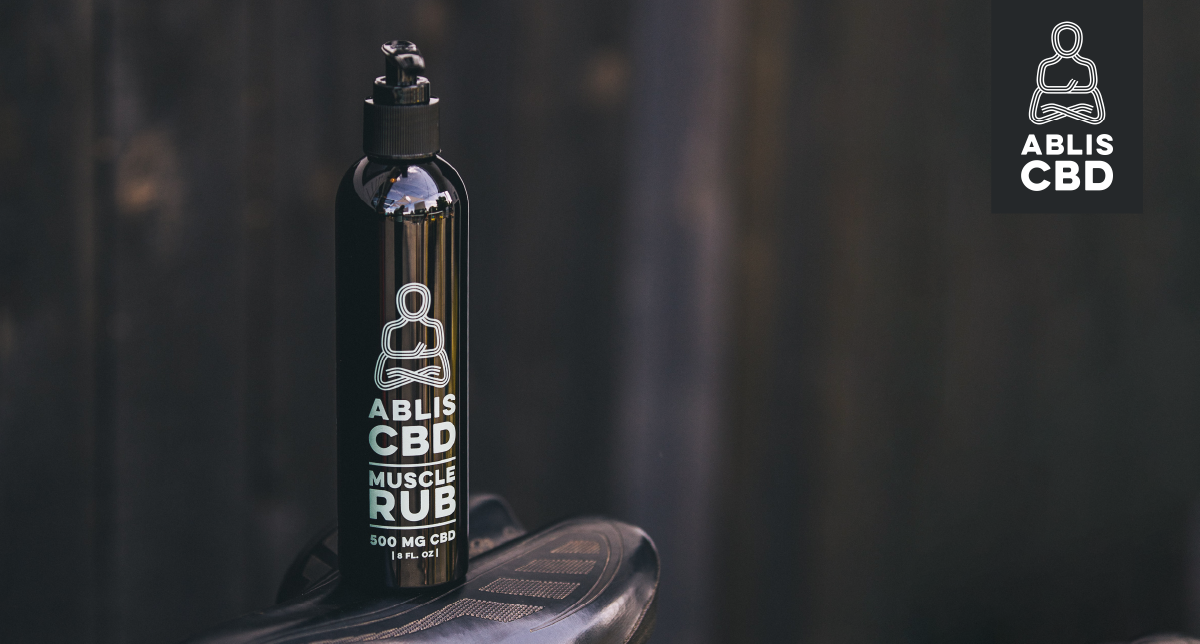
Staying active is a big part of how we do things at Ablis, whether it’s group activities or solo adventure. And each of us has our own favorite activities that help us stay healthy… and sane. Our CBD product lines were designed with an active lifestyle in mind. We know from both personal experience and…